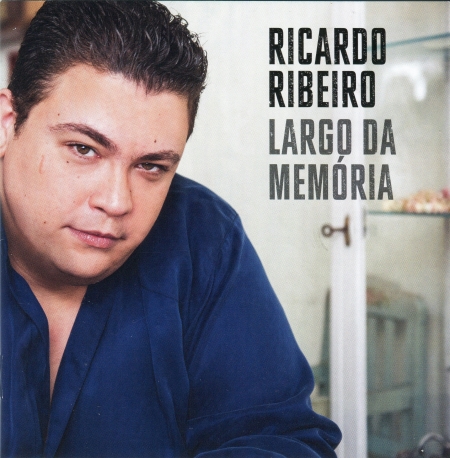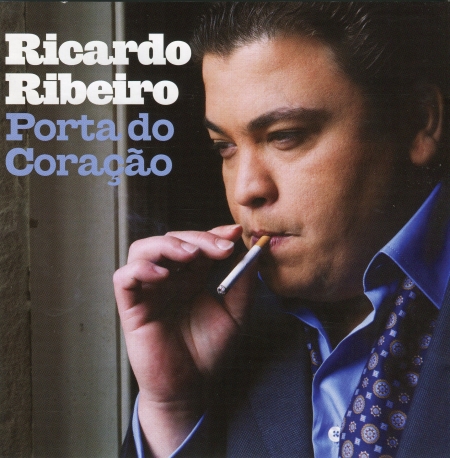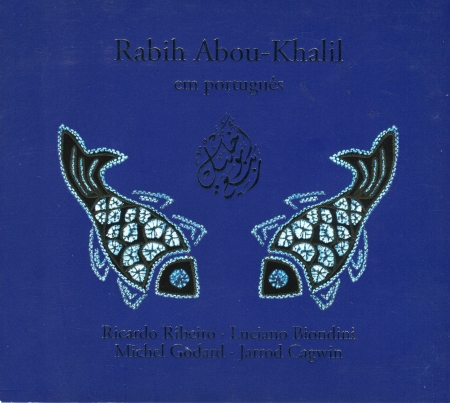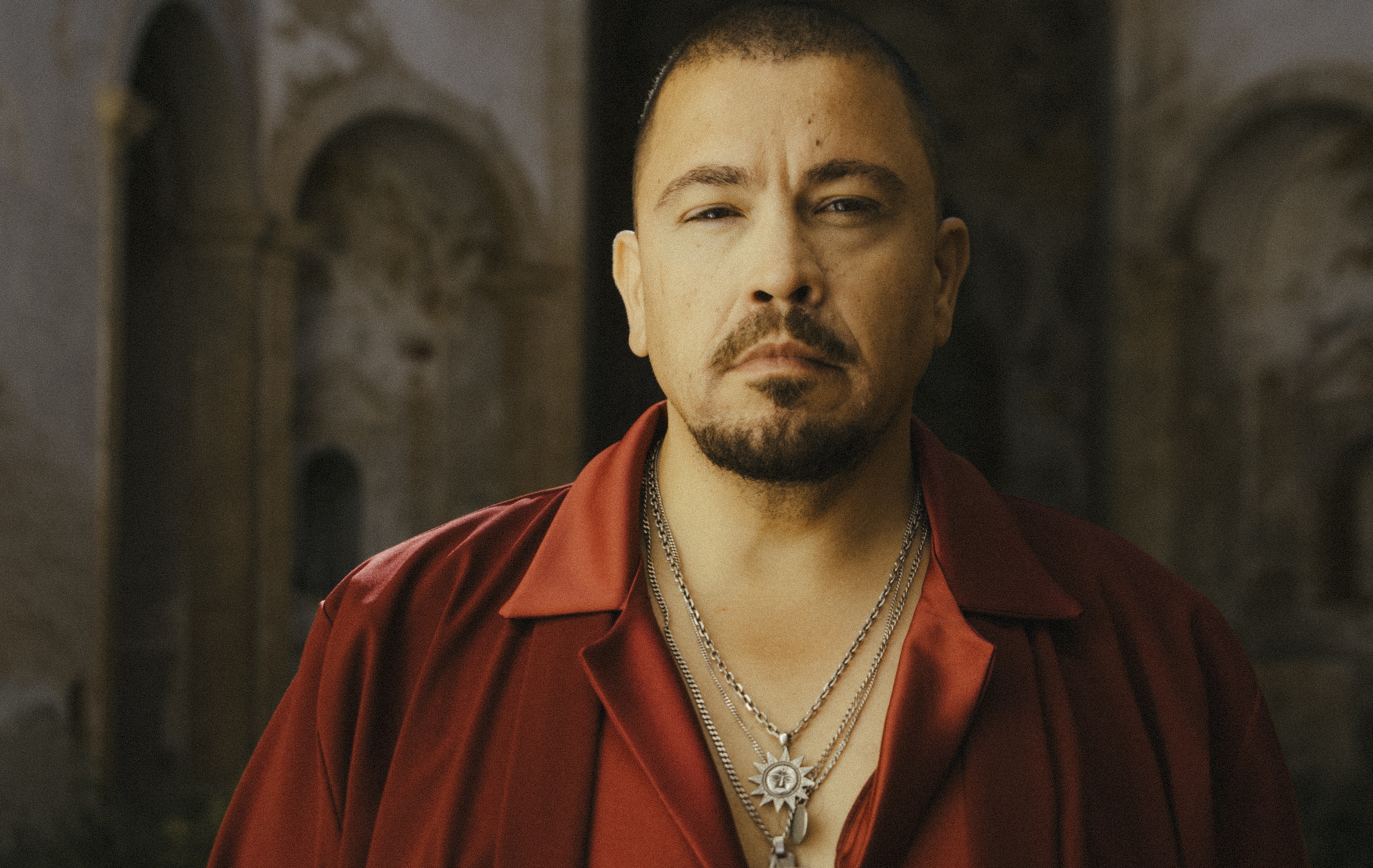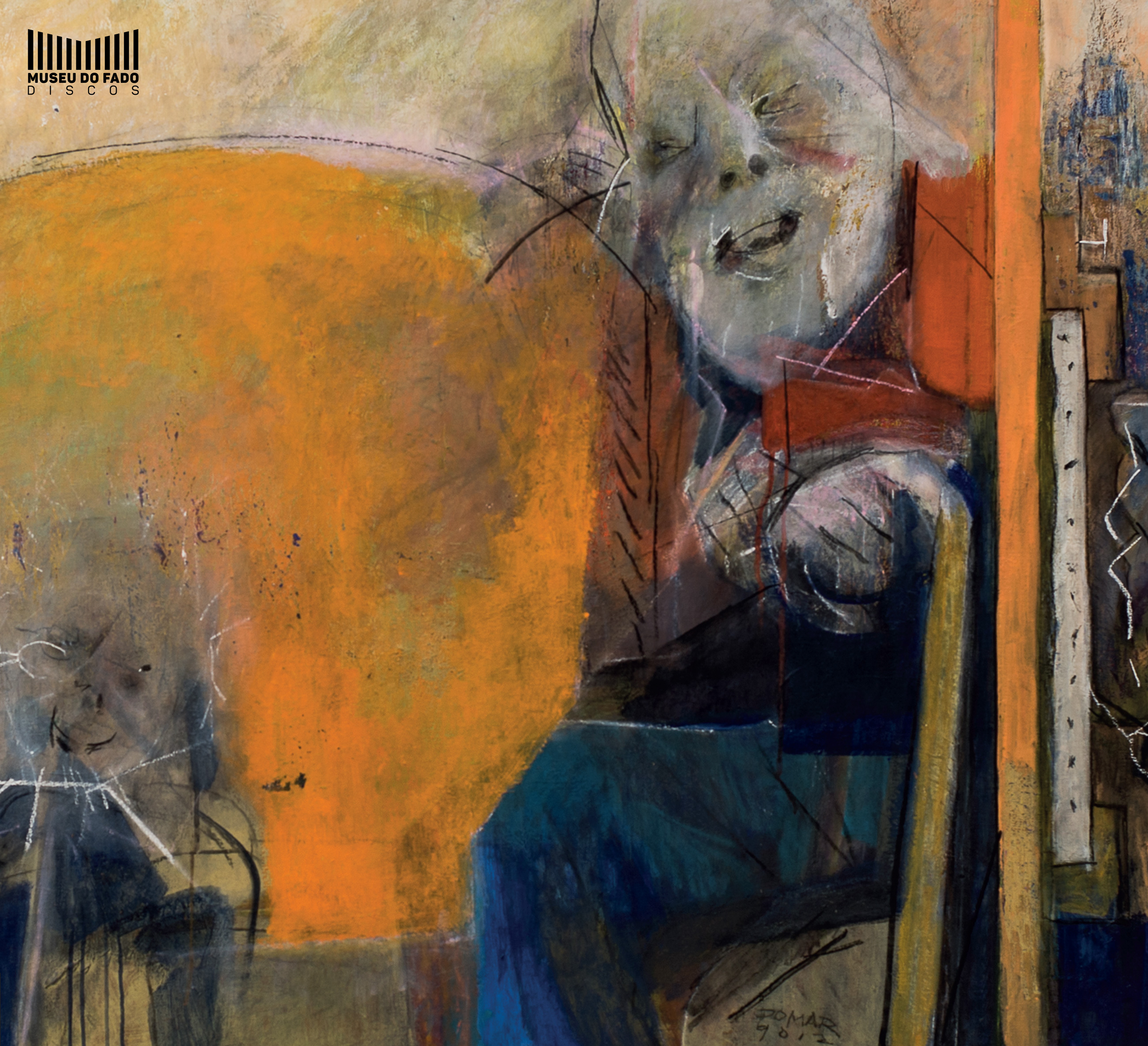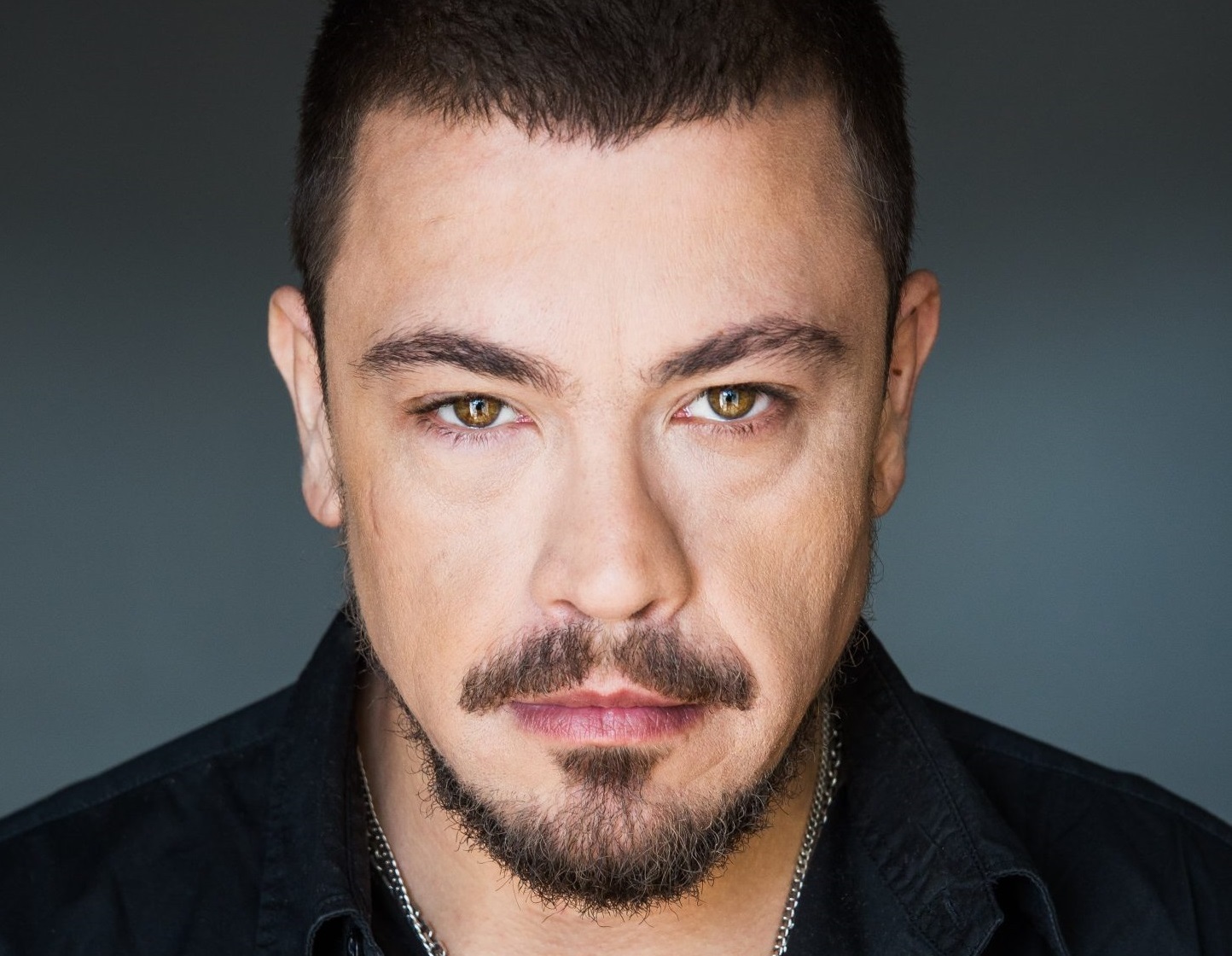Know more:
Ricardo Ribeiro
(N. 19 August, 1981)Ricardo Ribeiro was born in Lisbon. He began singing among his friends and made is public debut with 12 years, at "Académica da Ajuda", on his neighborhood of birth, accompanied by the guitar players Carlos Gonçalves and José Inácio, who was to become one of the major references for his carreer.
The Fado singer considers the fadistas Fernando Maurício, Manuel Fernandes and Alfredo Marceneiro Fernando as his main references. Ricardo Ribeiro reveals himself: "When I heard Fernando Maurício for the first time, that singing was so intense it made me feel part of the history."
With 15 years of age becomes part of the cast of the Restaurant "Os Ferreiras", at Rua de S. Lázaro, along with his master Fernando Maurício and the guitar player Adelino dos Santos. Also in 1996 he wins the second place in the competition of the "Grande Noite do Fado" in Lisbon. In the next two years, 1997 and 1998, he was the winner of the same contest.
Later he performed at the typical restaurant "NóNó", at Bairro Alto, fado house that opened the doors for him to perform in the mythical places like "Faia" and "Luso".
By an invitation of the French Ministry of Culture, he represented Portugal in a festival of cultures in Alu, at the house of Maria Casares, in southern France, in 2001.
In 2004 he sang a theme on the album tribute to Amália Rodrigues, an edition of the World Connection label, and later that year, he launched his first album - "Ricardo Ribeiro", an edition of CNM Anthology Collection.
In 2005, Ricardo Ribeiro received the award Revelação Masculina (Male Revelation), atributed by the Amália Rodrigues Foundation and participated with two songs on the movie "Rio Turvo", directed by Edgar Pêra, along with Teresa Salgueiro and Nuno Melo.
That same year, by an invitation of the director Ricardo Pais, he takes part in the show "Cabelo Branco é Saudade", along with Celeste Rodrigues, Argentina Santos and Alcindo de Carvalho. The show premiere is at the Teatro Nacional de São João and then is presented in the most important concert halls of Europe and Portugal such as Cité de la Music (Paris), Teatro de la Abadia (Madrid) Frankfurt Opera, Theatre Mercandante (Naples) and Casa da Musica (Oporto).
The Casa da Imprensa gives him the Revelation Award in 2006.
In addition to made part of the cast for the film "Fados," directed by Carlos Saura, Ricardo Ribeiro has collaborated on projects of the biggest names in the Portuguese music: João Gil, Rão Kyao or Pedro Jóia.
The fadista came to the attention of the international critics when, in 2008, collaborated on the album "Em Português", from the composer and lute player Rabih Abou Khalil, edited by ENJA Records. On this album all the themes are composed by Rabih Abou Khalil and the poems written by Mário Rainho, Silva Tavares, José Luis Gordo, Tiago Torres da Silva, Rui Manuel and António Rocha.
The interpretation of Ricardo Ribeiro receives the best acclaims and the album "Em Português" was voted for the 10 best albums "Top of the World" in the British magazine "Songlines", where Ricardo Ribeiro is referred to as "the rising star of ... Lisbon Fado ".
In 2010 he sings two themes in the movie “Filme do Desassosego”, directed by João Botelho.
“Porta do Coração”, his album from 2010, went directly to the 5th place of the national top sales. This album was produced by Ricardo Ribeiro, Pedro de Castro (Portuguese guitar) and Jaime Santos (Guitar) and has the support of Joel Pina on bass guitar. The magazine "Songlines" once again surrender to his interpretations, giving it the stamp of quality "Top of the World Album" and praising its ability to overflow emotions, and grading his work to "absolutely extraordinary and rare."
The Amália Rodrigues Foundation distinguishes again Ricardo Ribeiro, in 2011, this time with the award Melhor Intérprete (Best Singer).
In this course, which is also made of concert outside Portugal (from his own shows and concerts with the Macao Chinese Orchestra, with Rabih Abou-Khalil or with the Symphony Orchestra of Venezuela, to the concert for the opening of the Portugal Pavilion designed by Joana Vasconcelos at the Venice Biennale in 2013), presence in records of other renown Portuguese musicians, among many other experiences, always stands out the immense talent of Ricardo Ribeiro. It is this talent that we meet again in his new album "Largo da Memória", published on 14 October 2013.
On January 27, 2015, he received, from the hands of the President of the Republic Cavaco Silva, the Commendation of the Order of Infante D. Henrique.
Internationally, Ricardo Ribeiro is nominated for the category of Best Artist of 2015 by the British magazine Songlines, in a vote entirely decided by the public. Ricardo continues to make concerts and take his Fado further, either with the "Largo da Memória" concerts, or with the project Em Português that he shares with the rabbi Abih-Khalil.
In July 2015 the tribute album “Amália - As vozes do Fado” is released, the fado singer sings “Grito” and “Maria La Portuguesa”.
In the following year, he released the album "Hoje é assim, amanhã não sei...", a work for which he receives the most incredible national and international reviews.
It is also in 2016 that the dream of singing the “Toada de Portalegre” by José Régio comes true, invited by the Metropolitan Orchestra with music by Rabih Abou-Khalil. He is also part of the "Fado Barroco", invited by the group "Os Músicos do Tejo". Together, they bring you to a journey through Portugal, with Ricardo Ribeiro and soprano Ana Quintans and the musicians Miguel Amaral (Portuguese guitar) and Marco Oliveira (viola). The premiere of this show took place in Helsinki from the year 2015 to 2016 and on New Year's Day and arrived on December 14, 2016 at the Calouste Gulbenkian Foundation.
Like when he edited “Largo da Memória”, also with the album “Hoje é assim, amanhã não sei...” he was nominated for Best Artist'17 of Songlines magazine.
He was awarded the Carlos Paredes´17 Prize in ex-aequo with the Quarteto Artemsax & Lino Guerreiro group, awarded by the Vila Franca de Xira City Council and also received a mention in the José Afonso 2017 Prize also with his latest album.
In April 2019, he released his new work "Respeitosa Mente" (2019), a sales success. This project by Ricardo and musicians Jarrod Cagwin and João Paulo Esteves da Silva, relies on the poetry of several authors, mostly Portuguese and of great sensitivity, who were dressed in an unusual way due to the musicality of these three friends.
Source:
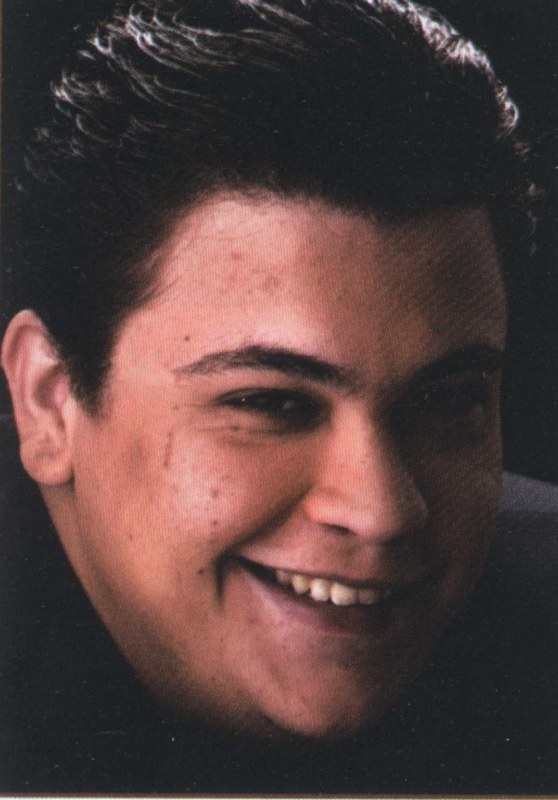
Ricardo Ribeiro, s/d
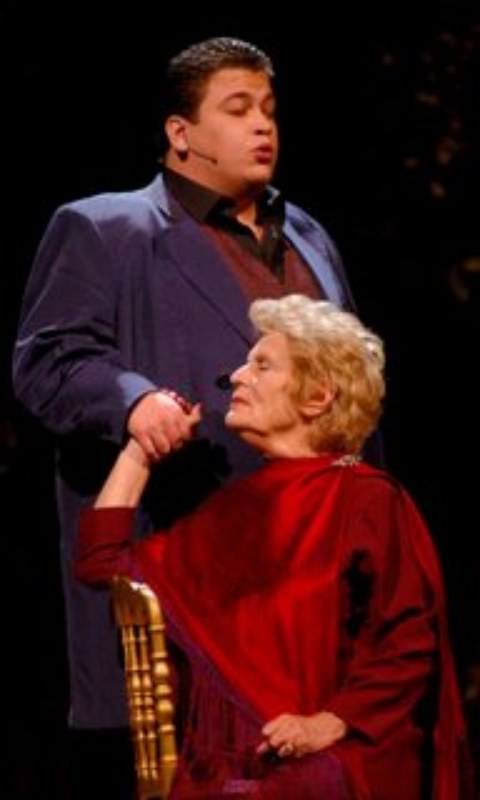
Ricardo Ribeiro e Celeste Rodrigues, "Cabelo Branco é Saudade", São Luiz Teatro Municipal, 2005, Foto de José Frade
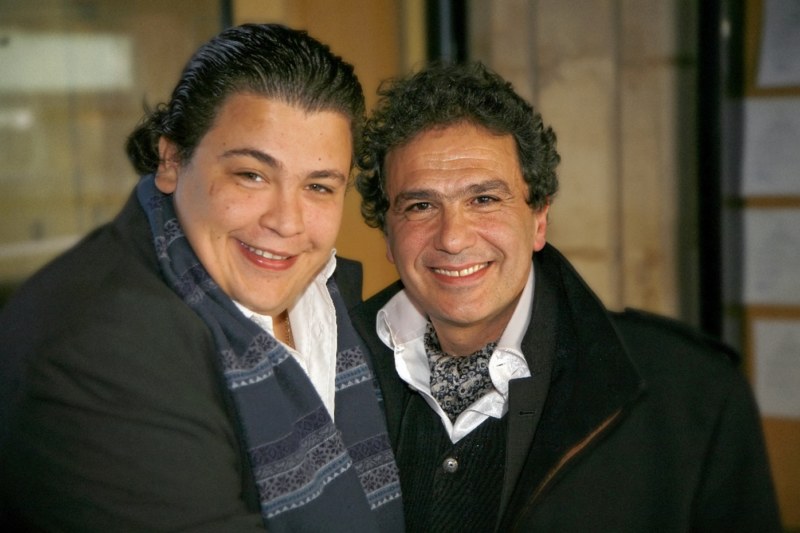
Ricardo Ribeiro e Rabih Abou-Khalil, s/d
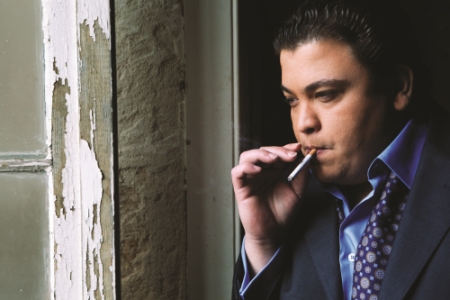
Ricardo Ribeiro, 2010, Foto de Isabel Pinto
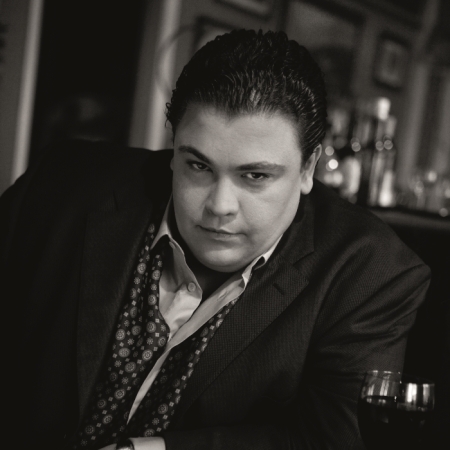
Ricardo Ribeiro, 2010
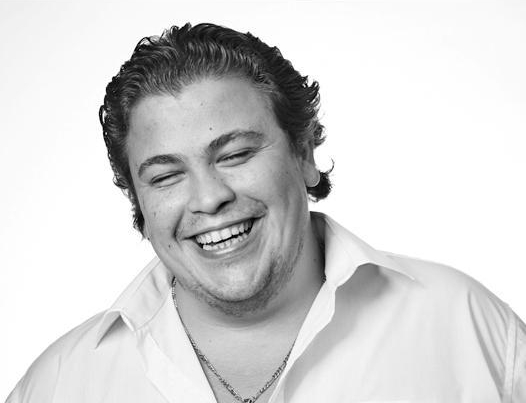
Ricardo Ribeiro, s/d
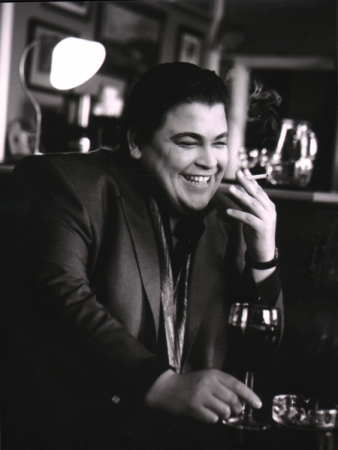
Ricardo Ribeiro, Fábrica do Braço de Prata, Fevereiro de 2010
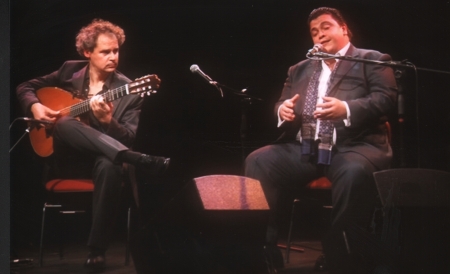
Pedro Jóia e Ricardo Ribeiro, Cinema S. Jorge, Fevereiro de 2010
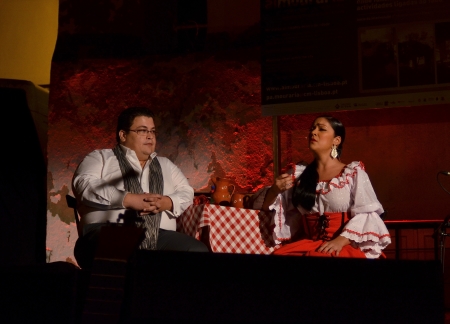
Ricardo Ribeiro e Raquel Tavares, Mouraria, Foto de José Frade,2011
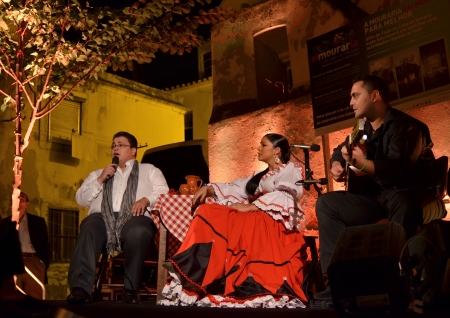
Ricardo Ribeiro, Raquel Tavares e André Ramos, Mouraria, Foto de José Frade,2011
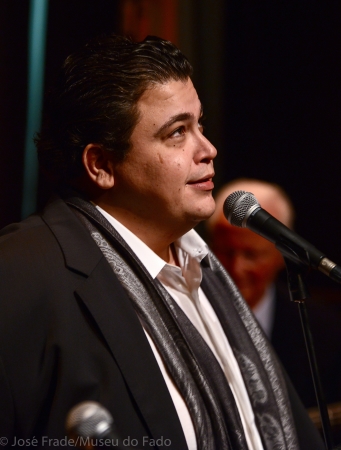
Ricardo Ribeiro, Museu do Fado, Foto de José Frade,2013
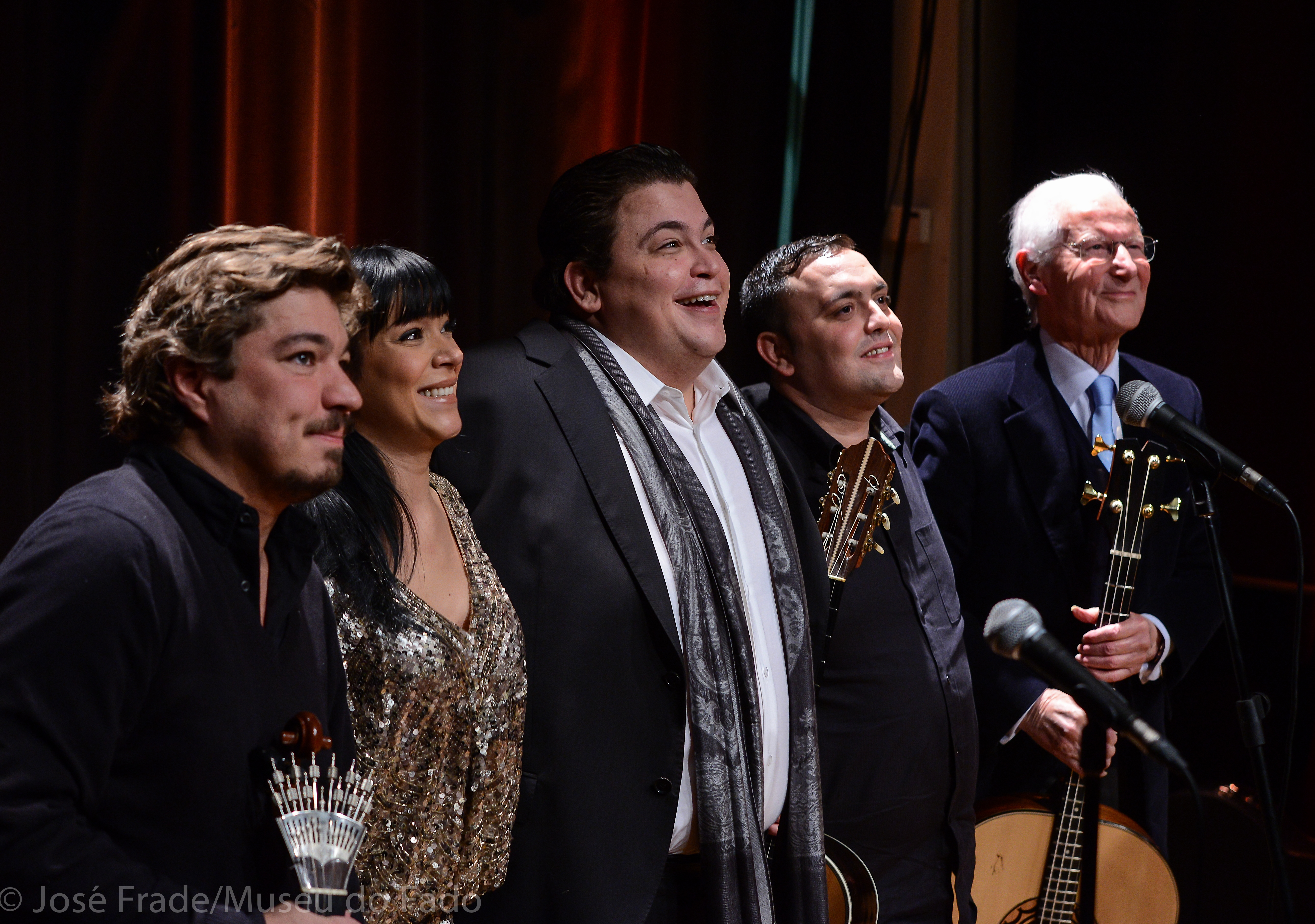
Pedro Castro, Raquel Tavares, Ricardo Ribeiro, André Ramos e Joel Pina, Museu do Fado, 2013o de José Frade,2011
-
Destino Marcado Ricardo Ribeiro (Fernando Farinha / Fado Menor)
